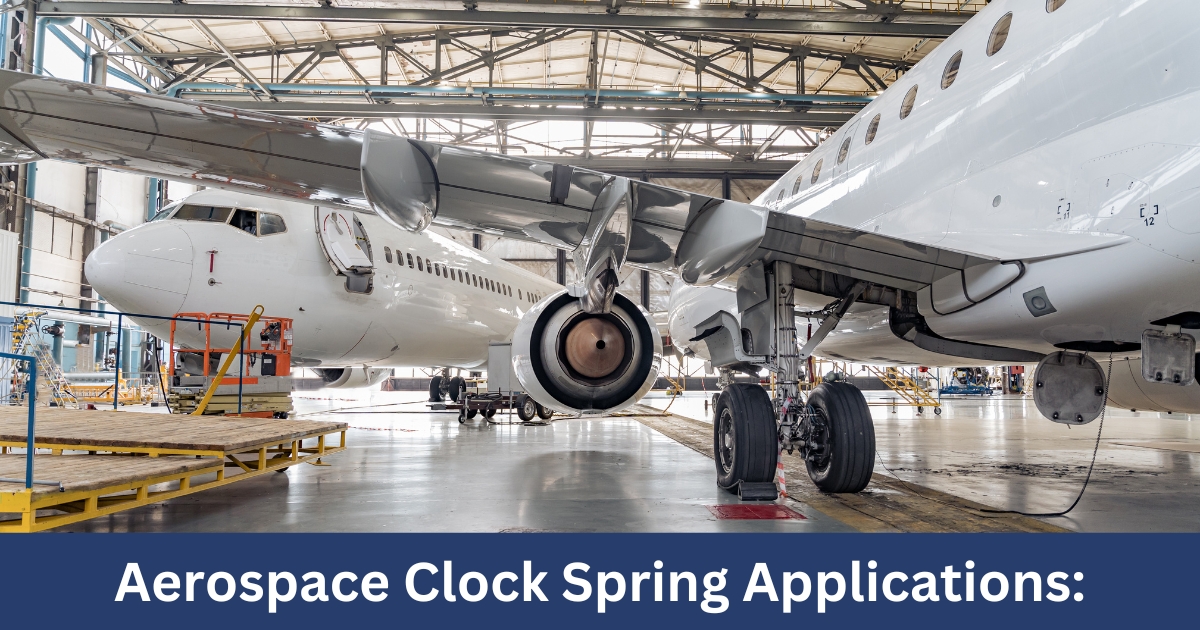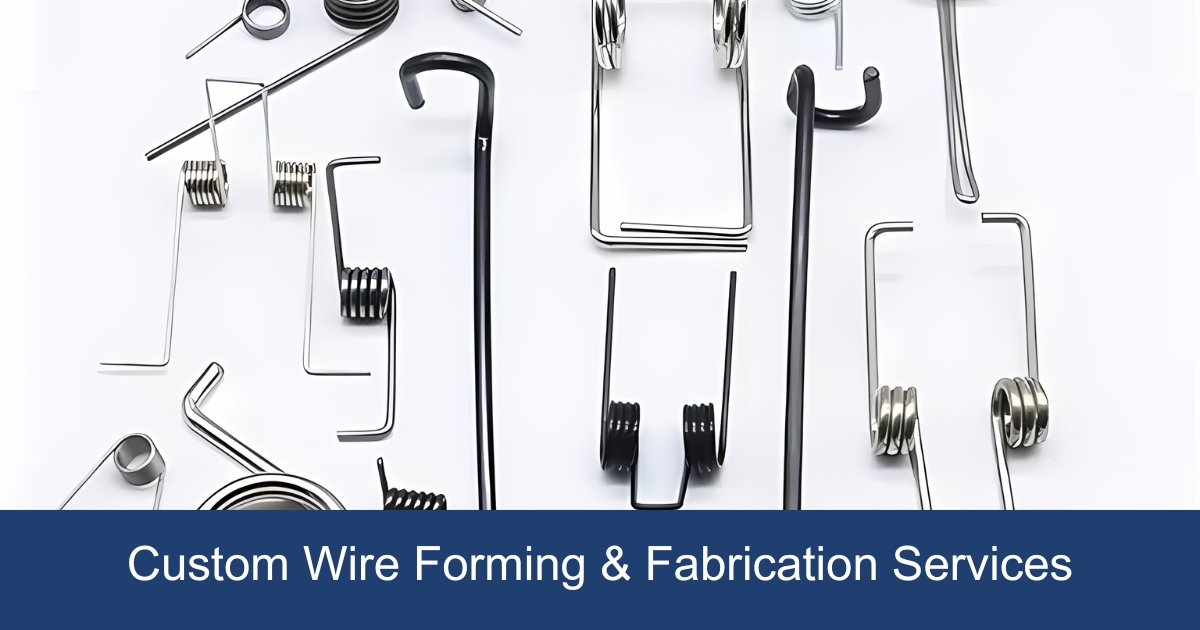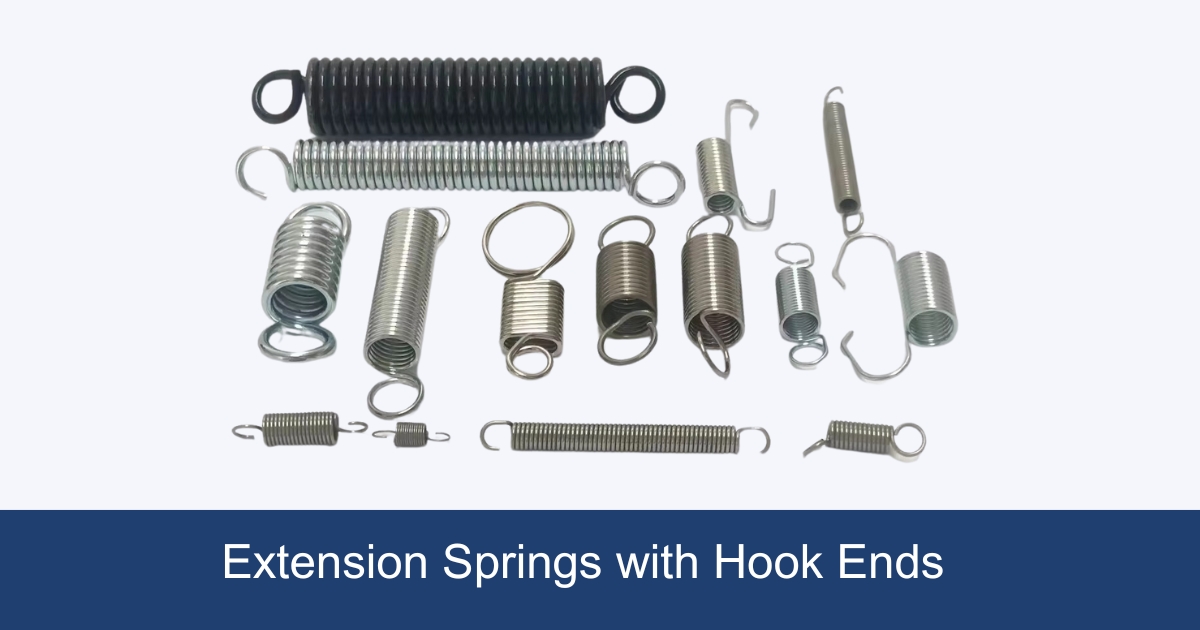Section 1: Introduction
This case study examines the challenges and innovations in developing torsion springs for aerospace control surfaces. Our focus was on enhancing the precision and reliability of these control elements in advanced aircraft.
Section 2: The Initial Challenge
A leading aerospace manufacturer faced precision issues with control surfaces on their latest aircraft model. The existing torsion springs were not meeting the stringent precision requirements essential for flight control, with a reported precision shortfall of 15%.
Section 3: Objectives and Technical Solutions
3.1:Detailed Problem Analysis
– Previous Shortcomings: The original springs showed a deviation in torque consistency of ±5% over the course of operation.
– Targeted Improvements: Our aim was to reduce this deviation to less than ±2%, significantly enhancing the precision of control surfaces.
3.2:Material Selection and Justification
– Material Chosen: We selected Inconel X-750, a nickel-chromium alloy known for its excellent mechanical properties at extreme temperatures and resistance to corrosion and oxidation.
– Reason for Choice: This material was ideal for the high-altitude, fluctuating temperature conditions experienced by aircraft control surfaces.
3.3:Product Environment Consideration
– Usage Conditions:The springs had to function reliably in extreme conditions, ranging from sub-zero temperatures at high altitudes to the heated environment near aircraft engines.
3.4:Performance Requirements
– Lifecycle Expectation:Designed to maintain precision over 100,000 cycles of operation.
– Consistency: Ensuring near-perfect torque consistency for precise control during all phases of flight.
3.5:Detailed Engineering Specifications
– Wire Diameter: Precisely 3 mm, optimized for strength and flexibility.
– Outer Diameter:25 mm, tailored to the compact space within the aircraft’s wing structure.
– Pitch:A tight pitch of 2 mm, ensuring consistent and precise torque delivery.
– Tolerance: Maintained at ±1%, surpassing industry standards for precision.
– Load Requirements:Calibrated to provide a torque of 50 Nm, essential for the effective movement of control surfaces.
-Surface Treatment:A specialized coating for enhanced wear resistance and protection against environmental factors.
Section 4: Results and Impact
– Performance Improvement: The precision of control surfaces improved by over 20%, with a torque consistency deviation reduced to below ±2%.
– Reliability: The enhanced springs significantly reduced maintenance frequency and improved the overall reliability of the aircraft’s control systems.
– Operational Efficiency: Pilots reported improved handling and responsiveness of the aircraft, contributing to safer and more efficient flight operations.
– Industry Acknowledgement:The project set a new standard in the precision of aerospace control systems, recognized in several industry publications.
Section 5: Conclusion
This case study demonstrates the critical role of torsion springs in aerospace control surfaces and the importance of material selection, precision engineering, and understanding the unique operational environment. Our project not only met but exceeded the precision requirements, contributing to the advancement of aerospace engineering standards.



